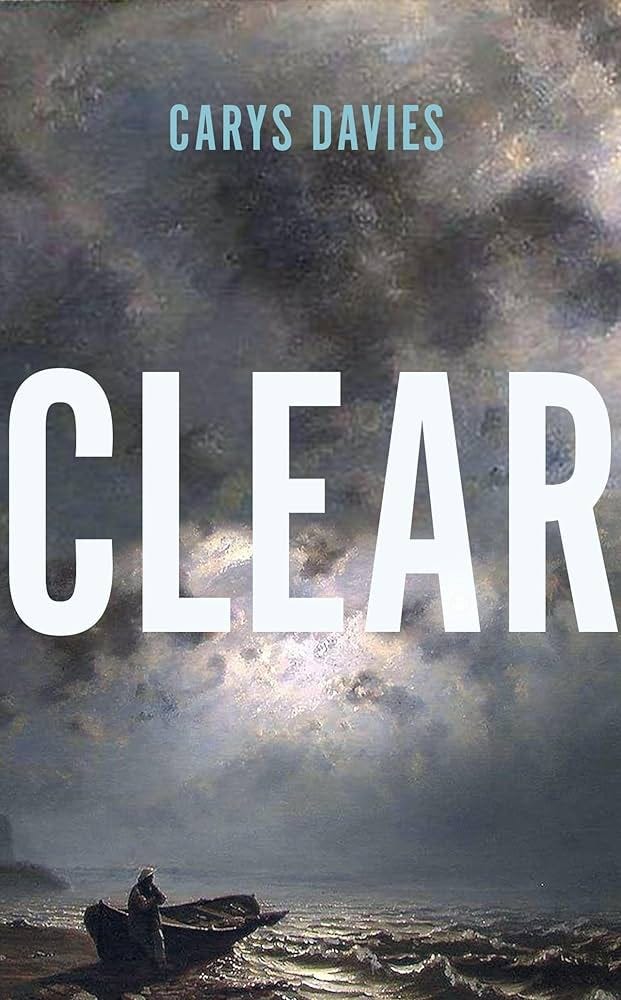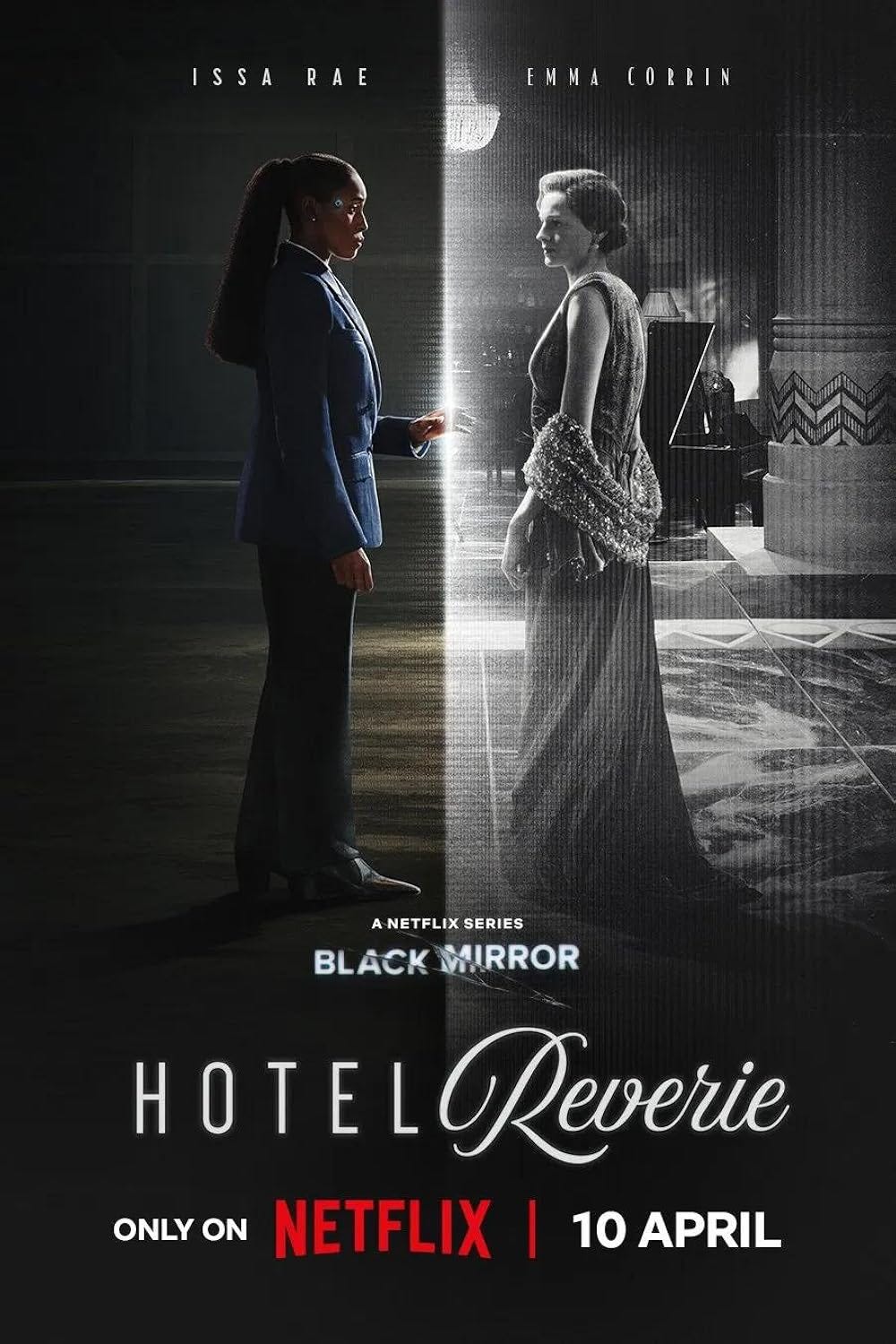Hi 👋 friends,
🧠 ONE INSIGHT: Seeing Yourself in Others
I’ve loved putting together my recent reaction videos to the incredible new medical drama, The Pitt. I’m admittedly quite cynical about medical dramas; most are nonsense and mentally it can feel like I’m either back at work, or reliving parts of my medical career that I would sooner forget (hashtag avoidance I know). What has struck me about The Pitt is how well they convey the non-clinical skills of what it means to work in healthcare. Some see these as soft and fluffy and… well they are… but just because you can’t measure or quantify them, doesn’t mean they’re any less important to what it means to be a good Doctor.
Most recently, we watched an episode where staff were constantly seeing themselves in their patients. We had one doctor trying to organise a care package for a burned out daughter whose mum has schizophrenia, while herself having been the main carer for her autistic sister. We had another doctor with an ankle monitor serving a community sentence giving self-disclosures about her own past addictions to a patient amid their own struggles – completely oversharing but gave us a good opportunity to talk about the power of hope.
Then we had Dr Robbie aka Carter (he will always be Carter to me), who has been burying his own emotions and clear symptoms of PTSD post-COVID where current patients of his were the trigger for his own flashbacks. He’s a prime and all too real example of how doctors are better at looking after others than looking after themselves.
These are all examples of a common phenomenon called transference reactions - when you unconsciously redirect feelings, expectations, or desires from a past relationship (such as from childhood or a caregiver) onto someone in the present, like a therapist, friend, or even a TV character. Transference isn’t bad — it’s a powerful window into your mind and the more aware of it we start to become, the more we can understand it consciously, rather than impulsively reacting to it unconsciously.
Who am I?
Hi 👋 friends, thank you so much for subscribing to my newsletter. I’m Elliott, a doctor and psychiatrist in the UK I make content about mental health 🧠 and mental illness 👨⚕️ trying to help improve our understanding of mental health and documenting my own personal and professional journey along the way. My hope is that by sharing what I have learned and what I continue to learn that it will also help you live a mentally healthier life.
ONE STRATEGY: Mentalising
Next time you feel triggered, inspired, or unexpectedly emotional while watching a show or interacting with someone, try and ask yourself:
1. What are you feeling? Separate that from what you’re thinking.
2. What is it about this dynamic that led to that feeling?
3. What might the other person be feeling?
Write these down whether it’s on paper or on your phone (that is, let’s face it, probably in your hand right now) as the more we stand to understand our emotions, the more we can understand our own internal triggers rather than purely externalising them.
ONE MINDSET SHIFT:
Instead of thinking “That person is nothing like me,” try “What if there’s a version of me in their story?” Even when someone’s behaviour seems wild or uncomfortable, if it evokes a strong emotion in you then it’s important to remember that emotions are relational; they sit between you and the other person evoking that emotion in you. Not only will this help you understand yourself, but it will help you empathise with others (while maintaining boundaries).
ONE RESOURCE:
Book: Clear by Carys Davies is a lyrical novella set in 1843 Scotland. Reverend John Ferguson is sent to evict Ivar from a remote island but, after injury and unexpected kindness, begins to question his mission. Through language, isolation, and human connection, the story is perhaps the most empathetic text I’ve ever read.
TV: Black Mirror. The mental health themes are endless in each and every episode of the new season. Hotel Reverie (episode 3) was incredible!
Song: The Conflict of the Mind by Aurora. Keeping with the theme of this week’s newsletter on transference reactions, this a hauntingly beautiful track that delves into themes of emotional turmoil and self-reflection.
ONE QUESTION FOR YOU:
When was the last time you saw a character—or a person in real life—and thought, "Ugh, I could never be like that,” only to realize later… maybe you already were?
Hit reply or jot it down for yourself. That’s where the growth is.
Let’s Connects
▶️ YouTube: / drelliottcarthy
📸 Instagram: / dr.elliott.carthy
🎥 TikTok: / drelliottcarthy
👨💻 Linkedin: / elliottcarthy
🌍 My website: https://www.drelliottcarthy.com
Before you go…
I’d love to know if any of this resonated with you. Leave a comment if you’re comfortable sharing x
Do check out my reaction video to The Pitt. Here’s another episode all about autism and psychosis. Love you bye!








There are so many things I love about the pitt. Including the way it can do.a story yelling beat by just having a character reveal that he has a fake leg. Also love how some of these actors get to shine especially Fiona dourif whom I've only seen playing psychopaths like her dad (like her dad plays) in chucky and the dirk gently series.
I am new here. I have been a long time watcher of you YouTube videos. I am acutely aware of some of my triggers, when I see myself mirrored in my clients . One of the main areas that I have to be aware of, and take care of myself, is when I over identify with a caretakers need. That is especially true when it is a family caregiver that i'm visiting with, i think you can understand why i resonated with this episode. I know it's so important for me to keep on top of my triggers. I don't remember the name of the book right now but it talked about how our clients are like mirrors. There's a possibility that those mirrors will reflect something back that we identify with. I simply love the analogy.